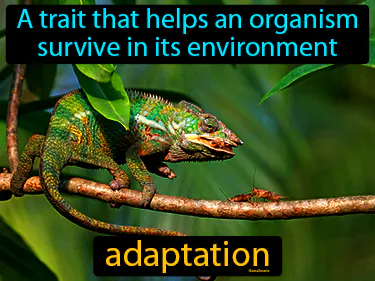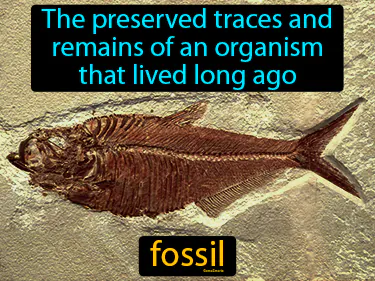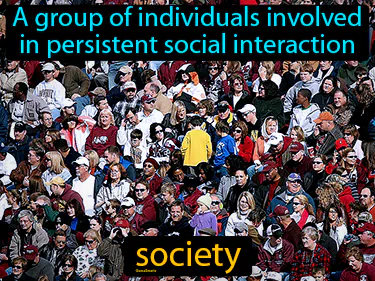The World's Early People
History
Abu Hureyra
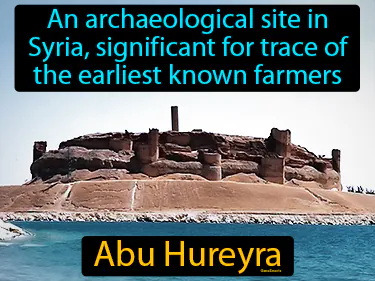
An archaeological site in Syria, significant for trace of the earliest known farmers. Abu Hureyra. Abu Hureyra is where ancient people first transitioned from hunting and gathering to farming.
Africa
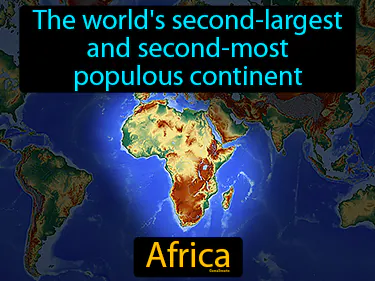
The world's second-largest and second-most populous continent. Africa is the birthplace of humanity and home to diverse ancient civilizations.
archaeology
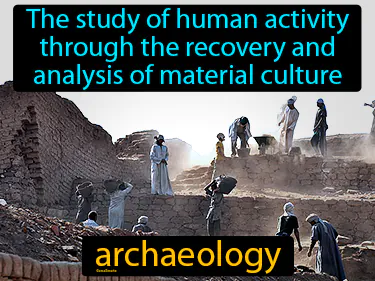
The study of human activity through the recovery and analysis of material culture. Archaeology. It is the exploration of past human life by examining objects and artifacts left behind.
artifact
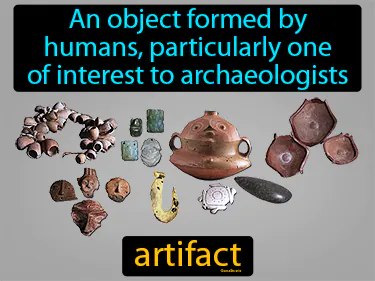
An object formed by humans, particularly one of interest to archaeologists. Artifact. An artifact is an object made by people in the past, often studied to understand history and cultures.
culture
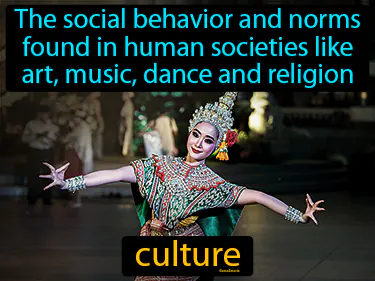
The social behavior and norms found in human societies like art, music, dance and religion. Culture. Culture is the collection of beliefs, practices, and expressions that shape and reflect a society's way of life throughout history.
Donald Johanson
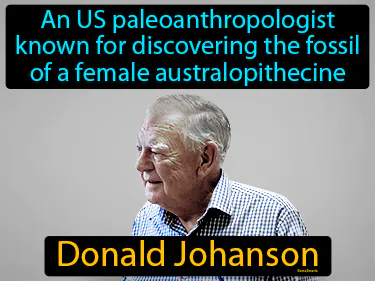
An US paleoanthropologist known for discovering the fossil of a female australopithecine, Donald Johanson. Donald Johanson is the scientist who discovered Lucy, a famous early human ancestor fossil.
hominid
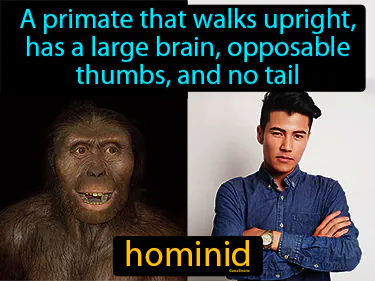
A primate that walks upright, has a large brain, opposable thumbs, and no tail. Hominid. Hominids are early ancestors of humans that evolved to walk on two legs and developed significant cognitive abilities.
humankind
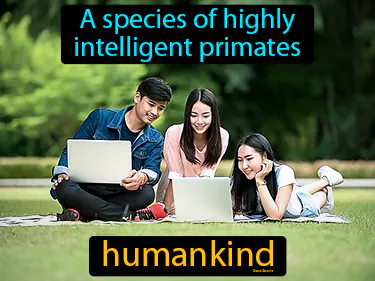
A species of highly intelligent primates. Humankind. Humans are the people who have shaped the world through culture, innovation, and society.
hunter-gatherers
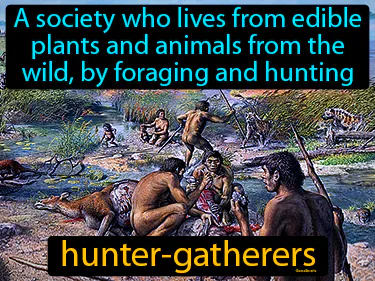
A society who lives from edible plants and animals from the wild, by foraging and hunting. Hunter-gatherers. Hunter-gatherers are early humans who survived by collecting food from nature instead of farming.
Lake Turkana
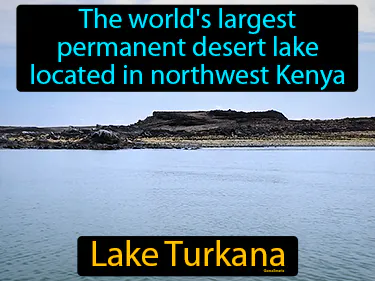
The world's largest permanent desert lake located in northwest Kenya. Lake Turkana. Historically, it is known as a cradle of human civilization because early hominid fossils were discovered there.
Louis Leakey
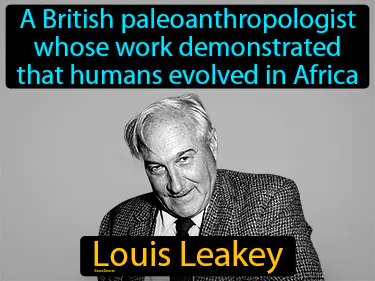
A British paleoanthropologist whose work demonstrated that humans evolved in Africa. Louis Leakey. He was a key figure in uncovering evidence of early human ancestors in Africa, reshaping our understanding of human evolution.
Mary Leakey
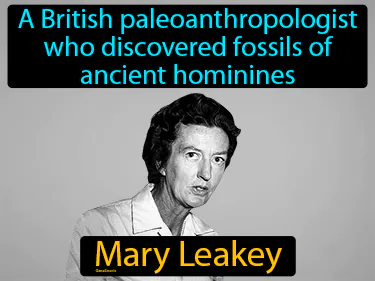
A British paleoanthropologist who discovered fossils of ancient hominines, Mary Leakey. She was a pioneering scientist who fundamentally changed our understanding of human evolution.
migrate
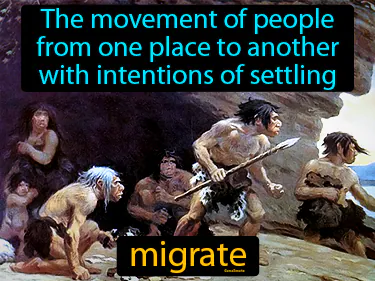
The movement of people from one place to another with intentions of settling. Migrate. In history, migration refers to the relocation of groups or individuals to new areas for better opportunities or safety.
Monte Verde
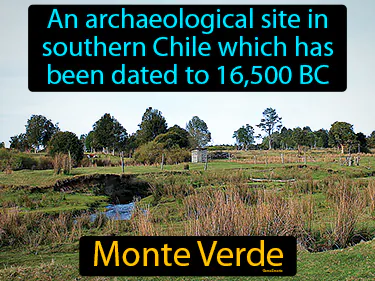
An archaeological site in southern Chile which has been dated to 16,500 BC. Monte Verde is an ancient settlement that provides evidence of one of the earliest known human presences in the Americas.
Nelson Bay Cave
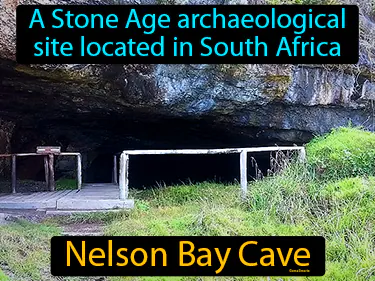
A Stone Age archaeological site located in South Africa. Nelson Bay Cave. Nelson Bay Cave is a significant site where researchers have found early human artifacts and evidence of ancient lifestyle in South Africa.
nomad
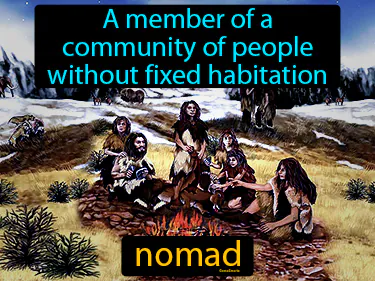
A member of a community of people without fixed habitation. Nomad. Historically, a nomad is someone who moves from place to place in search of food, water, and grazing land.
Olduvai Gorge
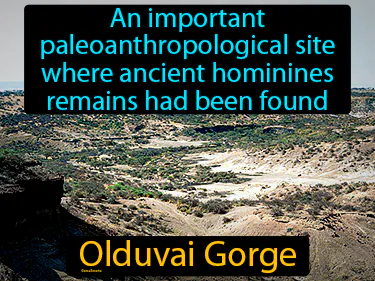
An important paleoanthropological site where ancient hominines remains had been found. Olduvai Gorge. Olduvai Gorge is a significant historical site in Tanzania where early human fossils and tools have been discovered, providing insights into human evolution.
Paleolithic era
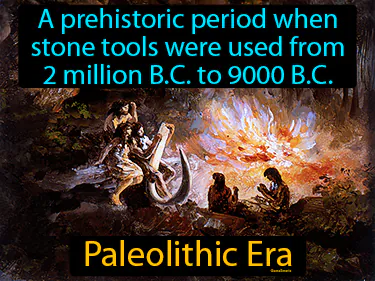
A prehistoric period when stone tools were used from 2 million B.C. to 9000 B.C. Paleolithic era. The Paleolithic era is the earliest part of human history when people used simple stone tools.
prehistory
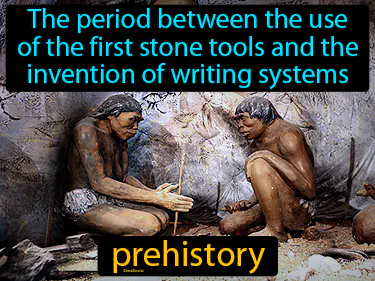
The period between the use of the first stone tools and the invention of writing systems. Prehistory. Prehistory refers to the time before written records were created.
Richard Leakey
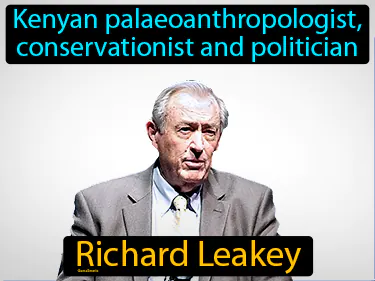
Kenyan palaeoanthropologist, conservationist and politician, Richard Leakey. Richard Leakey was a key figure in the study of human evolution and played a significant role in preserving Kenya's wildlife and heritage.
Sahara
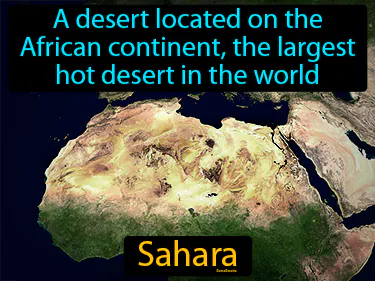
A desert located on the African continent, the largest hot desert in the world. Sahara. The Sahara was once home to ancient civilizations and trade routes that connected different cultures.
Tim White
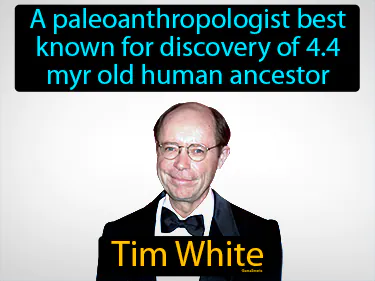
A paleoanthropologist best known for discovery of 4.4 myr old human ancestor. Tim White is a scientist who discovered an important early human ancestor, shedding light on human evolution.
